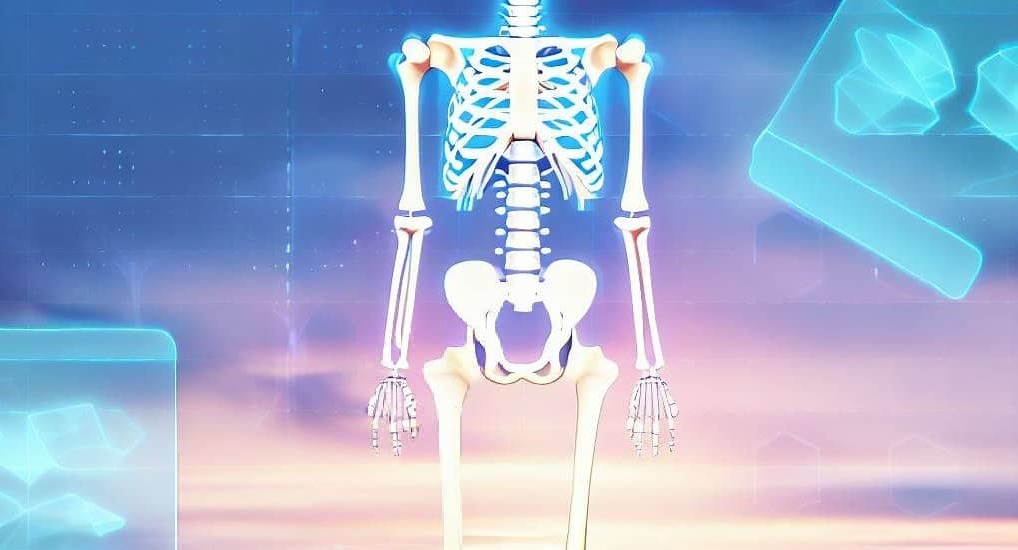Osteoporosis Prediction Enabled by Automated AI System

KEY INFORMATION
TECHNOLOGY OVERVIEW
Osteoporosis is a significant global public health concern affecting approximately 500 million people. The condition is associated with high mortality and disability rates due to osteoporotic fractures. The management of osteoporotic fractures comes at a considerable cost of SGD 11K per patient in Singapore, placing a growing burden on healthcare budgets as the aging population increases.
Currently, osteoporosis is assessed by measuring bone mineral density (BMD) using dual energy X-ray absorptiometry (DXA). However, the availability of DXA machines, particularly in developing countries, is limited. Consequently, DXA examinations are not routinely ordered, resulting in orthopaedists often lacking DXA results during examinations. Therefore, an alternative method for estimating and screening osteoporosis is necessary.
To address this, an automated AI system that can predict a patient's osteoporotic score by evaluating the CTI (cortical thickness index) from a plain femur X-ray scan is designed and developed. This system would provide a preliminary assessment and enable mass screening for osteoporosis.
TECHNOLOGY FEATURES & SPECIFICATIONS
The technology consists of an AI-based software algorithm, to analyse a plain femur X-Ray scan that produces an osteoporosis score, which is equivalent to BMD score produced by DXA machine.
The ideal collaboration partners include hospitals and clinics for osteoporosis primary screening, and X-Ray equipment manufacturers to license and translate our invention as an additional feature in their offerings.
POTENTIAL APPLICATIONS
The proposed automated osteoporotic score prediction technology using AI can be deployed in healthcare industry, e.g. hospitals, medical equipment manufacturers.
The technology can be packaged as a cloud-based services, for doctors to use the service for osteoporosis screening from anywhere. It can also be a stand-alone software.
Unique Value Proposition
The proposed technology is more accessible and less expensive over the traditional method, as it is based on a plain X-ray scan only, which is routinely ordered.
The proposed technology is fully automated as it is trained using large amount of data, thus the result is more objective and consistent.
The proposed technology can produce osteoporosis score, which is equivalent to BMD score, well-understood by doctors.
